New Zealand Creates Vast Ocean Sanctuary
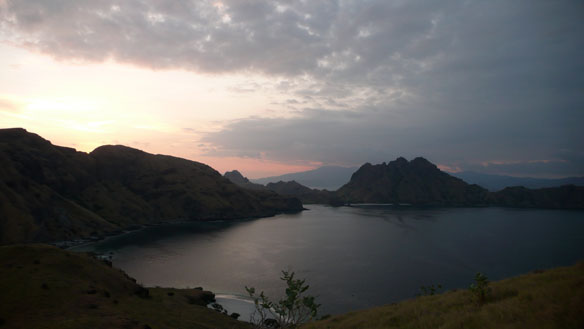
A vast stretch of New Zealand’s exclusive economic zone is being turned into an ocean sanctuary in a landmark deal to preserve one of the most pristine and unique environments on Earth.
What it Means: Shell Abandons Arctic Oil Drilling

Shell is giving up on its expensive and controversial push to produce oil in Alaska’s Arctic waters, a decision that darkens the long-term oil prospects of the U.S. and brings relief to environmental groups that had tried desperately to block the project.
Aquaculture in Northeast China
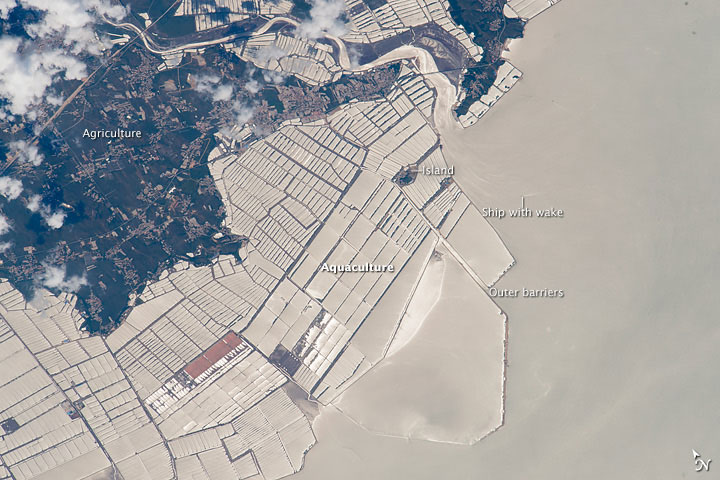
The aquaculture basins have been built out from the wooded coast to a distance of nearly 6 kilometers (4 miles). Fish farms have been constructed at many points along the provincial coastline, but this group of basins facing the Yellow Sea is the largest.
Nearly Half of U.S. Seafood Supply is Wasted, Study Shows
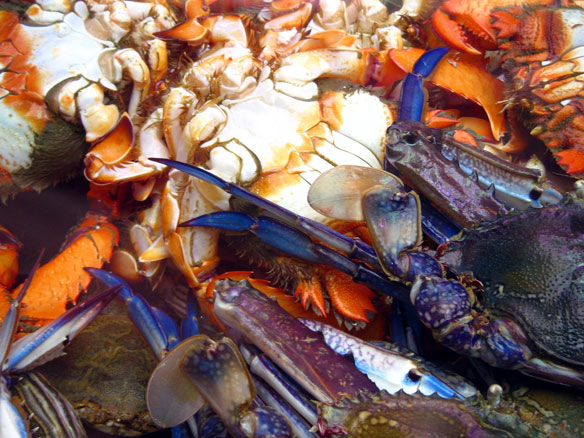
As much as 47 percent of the edible US seafood supply is lost each year, mainly from consumer waste, new research suggests.
Earth’s Oceans Show Decline In Microscopic Plant Life, Video
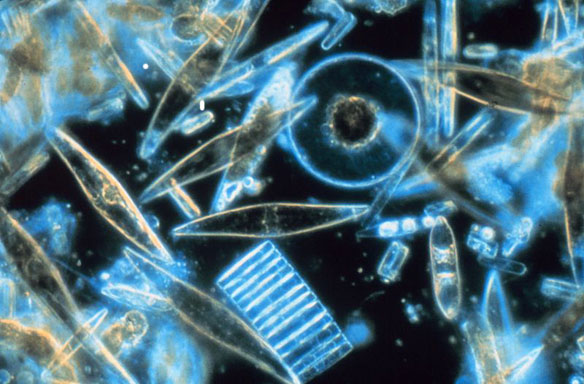
The world’s oceans have seen significant declines in certain types of microscopic plant-life at the base of the marine food chain, according to a new NASA study.
Global Consumption Trends Break New Records

From coal to plastics to coffee, consumption levels are breaking records. According to the Worldwatch Institute’s latest report, Vital Signs, Volume 22: The Trends That Are Shaping Our Future, the acceleration of resource depletion, pollution, and climate change may come with underappreciated social and environmental costs.
The World’s Tuna and Mackerel Populations Are in a “Catastrophic” Decline
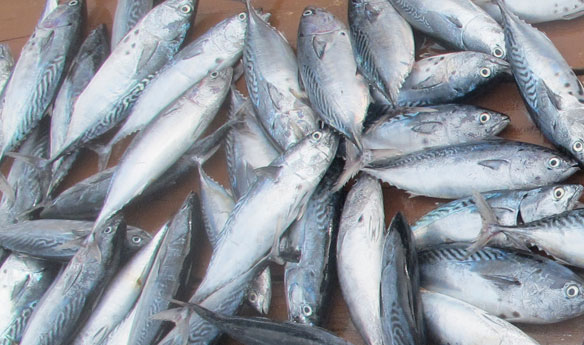
The ocean’s bounty of protein-rich fish is dwindling drastically. According to a new report by the World Wide Fund for Nature and the Zoological Society of London, the marine species people most like to eat are the ones whose populations have shrunk by nearly 75% over the past 40 years.
Effects of Seawall Armoring on Juvenile Pacific Salmon Diets
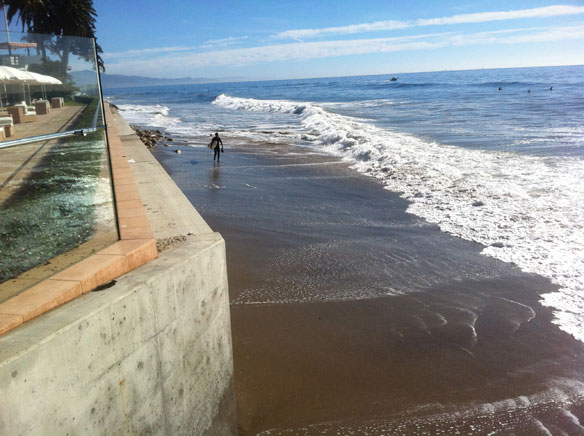
Are concrete seawalls actually affecting what salmons eat, and by how much? Researchers measured the types of prey in the water along armored shorelines and along restored beaches.
World Loses Trillions of Dollars Worth of Nature’s Benefits Each Year Due to Land Degradation

Experts estimate the value of ecosystem services worldwide forfeited due to land degradation at US $6.3-10.6 trillion annually. Soil is second only to oceans as the planet’s largest carbon sink, while agriculture and land use changes represent the second largest source of greenhouse gas emissions
